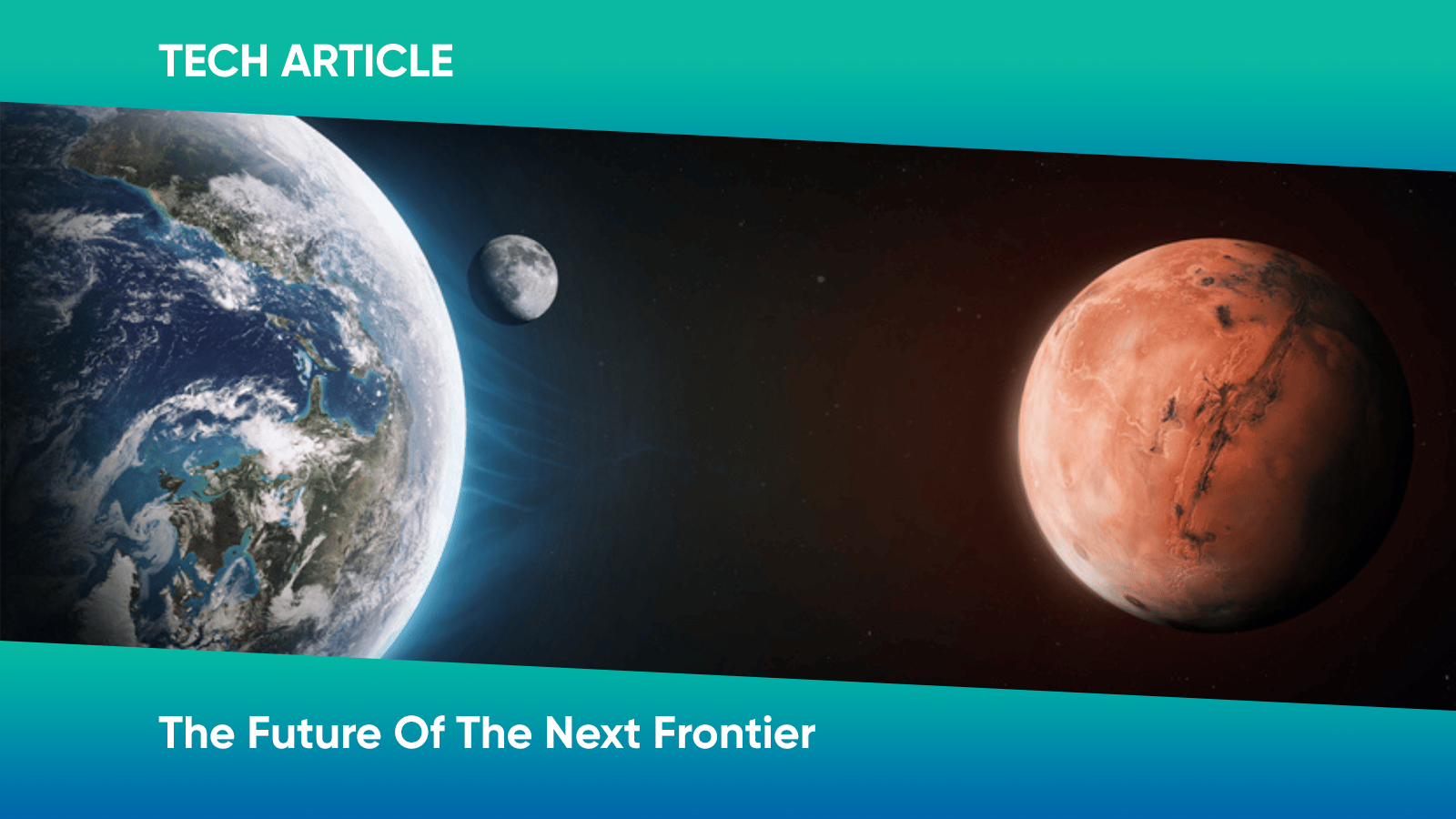
Supported by the Moon to Mars Supply Chain Capability Improvement Grant
Since the first Apollo missions, humanity’s aspirations to touch the stars have never been greater. Inventive and imaginative thinking is transforming what was previously thought to be science fiction into an inspiring reality.
With support from the Australian Space Agency, Advanced Navigation has developed Boreas X90, an inertial navigation system to autonomously explore the Moon and beyond to Mars, to help uncover scientific discoveries, unlock the lunar economy and inspire a new generation of space explorers.
Navigating the great cosmos
At Advanced Navigation, deep tech research and innovation is built into the company’s DNA. The goal is to not only spearhead the autonomous revolution, but prove it in the harshest environment known – in the infinite depths of space.
Navigation systems used on Earth do not exist in space, which means developing reliable and accurate autonomous (self-guiding) navigation systems are critical to building a presence on the Moon with future missions to Mars. The company’s AI-based navigation technologies are pushing the boundaries of what’s possible when it comes to exploring the great cosmos.
This resulted in Advanced Navigation receiving an Australian Space Agency Moon to Mars: Supply Chain Capability Improvement Grant in support of its latest space innovation.
The Boreas X90 is an inertial navigation system (INS) that uses novel technologies to enable positioning and accuracy over millions of kilometres. With Boreas technology, accurate autonomous navigation can be carried out without using maps, human control, base station telemetry and remote intervention, or relatively fixed references, such as stars.
Autonomous, independent navigation is critical for long-endurance space missions involving complex orbits and trajectories, such as future missions to Mars. The fibre-optic, laser and quantum developments encompassed in the Boreas X90 will not only help humanity achieve its dreams of long-distance space travel, but in doing so, bring key advantages to how we navigate here on Earth. This world-first technology will deliver an exceptionally unique Australian capability that will transform the future of space travel.
Supporting NASA in its inspirational space endeavours
The Australian Space Agency’s Moon to Mars initiative invests in Australian projects that can support NASA’s inspirational endeavours to return to the Moon and continue on to Mars.
The Agency wishes to highlight Australian design ingenuity and innovation at the highest levels and stimulate a strong domestic space industry. The Supply Chain Capability Improvement Grant program builds capability and helps a variety of industries deliver products and services into global space industry supply chains.
In conformity with the Artemis Accords, Advanced Navigation’s latest technology will not only increase international space capability for autonomous systems, it will further establish global partnerships to undertake safe and peaceful space exploration while gaining a deeper understanding of the solar system.
To the Moon and beyond to Mars
As we look to the stars, we also look to the future.
The development of the Boreas X90 for cosmic exploration demonstrates how Australian technology companies can be field leaders and best-in-class contenders. Government programs and incentives like the Australian Space Agency’s Moon to Mars initiative are helping to build and nurture a culture of ongoing excellence in local space research, development and manufacturing. This includes recognising the talents, skills and innovations that small, dynamic companies can provide.
As we begin to confidently and defiantly explore space, we will learn more about the cosmos, the solar system and Earth itself. Armed with new knowledge and a desire to work together, we can forge a bigger and better future for all.
